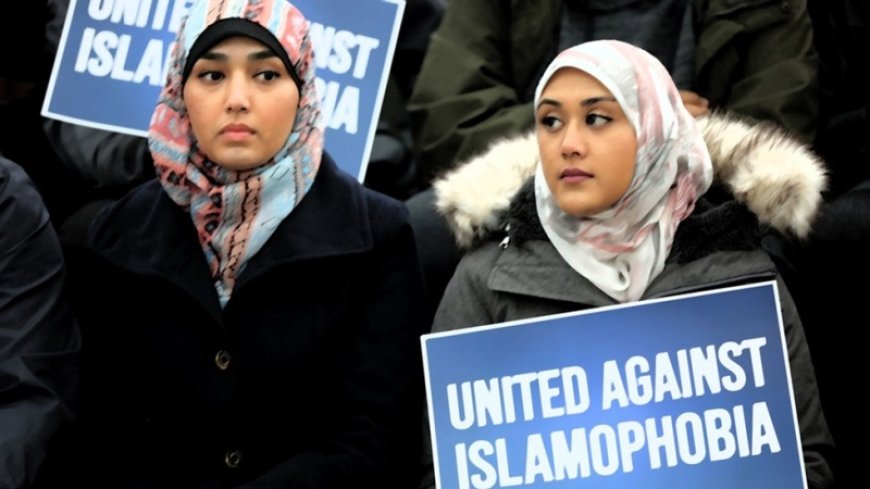Islamophobia and the West: A Complex Narrative of Fear and Politics

On March 15, 2019, a peaceful march by Muslim women in Toronto highlighted the ongoing struggle against Islamophobia. This prejudice is not merely a social ill but is rooted in deeper geopolitical dynamics and historical contexts. Islamophobia is often used to justify and perpetuate certain foreign policies, particularly those related to the Middle East. In the context of US foreign policy, particularly its support for Israel, Islamophobia has been instrumental in dehumanizing its victims. Rather than acknowledging the Palestinian struggle as a legitimate fight against oppression, Islamophobic narratives have painted Arabs and Muslims as fanatics. This portrayal serves to undermine the Palestinian cause and justify ongoing support for Israeli actions.
To understand this phenomenon, we must revisit key historical moments. The surge of anti-Islamic sentiment in the United States was a significant factor in Donald Trump's 2016 presidential victory. His proposal to ban Muslims from entering the country was a cornerstone of his campaign, appealing to widespread fears stoked by years of media and political rhetoric.
These fears were not new. Post-9/11 America saw a dramatic rise in Islamophobia, influenced by intellectuals like Samuel P. Huntington and Bernard Lewis. Huntington's "clash of civilizations" theory posited that, after the fall of communism, Islam would become the primary antagonist to the West. This notion framed Islam as racially and culturally different, and sufficiently powerful to threaten American security.
However, the 2020 US presidential election marked a shift. Anti-Muslim rhetoric was notably absent from Trump’s campaign, replaced by concerns over Russia and China. Yet, events in the Middle East quickly rekindled these old prejudices. Israel's bombardment of Gaza, for instance, revived anti-Islamic propaganda in the US. The tragic killing of 6-year-old Wadiya Alfiumeh in Plainfield, Illinois, by an Islamophobic attacker, underscored the violent consequences of this rhetoric.
Israeli leaders have likened Hamas' operations to Israel’s "September 11", a comparison that fails to recognize the fundamental differences between Hamas' goal to end occupation and al-Qaeda's agenda. The biased and unbalanced statements from Western officials have exacerbated tensions, fueling a significant rise in Islamophobic attacks: a 180% increase in the US, 1300% in Canada, and 600% in the UK.
The international community has seen a disturbing trend of equating pro-Palestinian support with terrorism, especially in Europe. Demonstrations in support of Palestinians have faced severe crackdowns. In France, police dispersed crowds with tear gas and water cannons, while in Germany, physical violence was used. These actions have drawn criticism from British parliamentarians and various political factions, including the ruling conservatives, for failing to address the surge in hate crimes effectively.
Experts like Mathias Rohe, a professor at a German university, warn that combating Islamophobia requires broader societal engagement. The normalization of anti-Islamic sentiments, particularly since October 7, is alarming. Media portrayal in the West often stigmatizes supporters of Palestine as terrorists, further entrenching Islamophobic attitudes.
Islamic scholars argue that the West's antagonism towards Islam stems from its potential to unite people of different races against oppression. The Qur'an explicitly condemns oppression and promotes equality among all races and colors, advocating for excellence through piety.As the world grapples with rising Islamophobia, it is crucial to recognize the interplay of historical, political, and social factors that perpetuate this prejudice. Addressing it requires a concerted effort to promote understanding and dismantle harmful narratives that fuel division and violence.













































